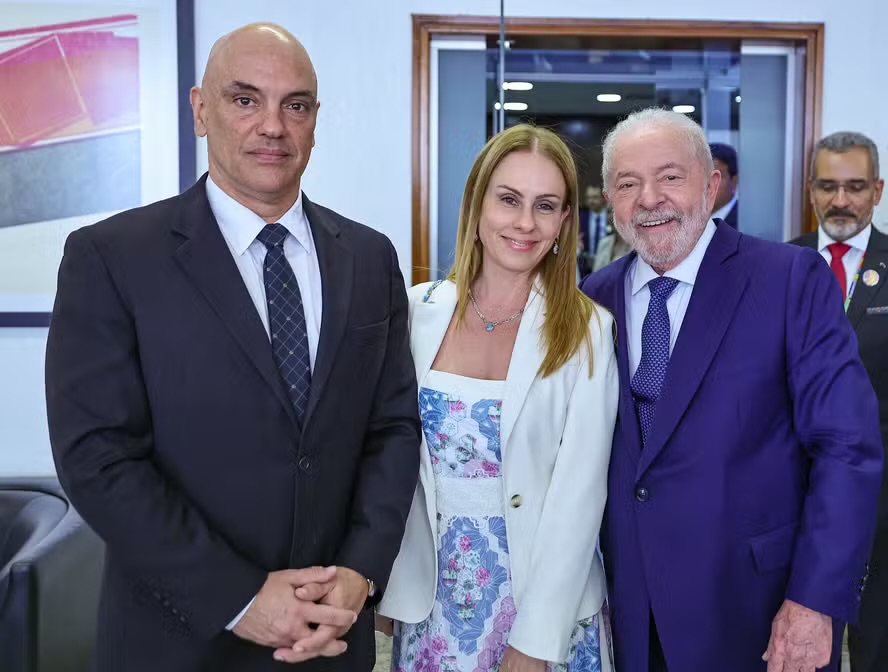U.S. Magnitsky Sanctions Strike at Brazilian Justice’s Inner Circle: A Financial Reckoning
By Hotspotnews
On this crisp Monday morning, September 22, 2025, the United States has once again wielded the Global Magnitsky Act with surgical precision, targeting Viviane Barci de Moraes, the wife of Brazilian Supreme Court Justice Alexandre de Moraes, and their family enterprise, Lex – Instituto de Estudos Jurídicos LTDA. This bold move, announced just hours ago, signals a deepening scrutiny of financial misconduct at the highest levels of Brazil’s judiciary, a development that conservative voices will applaud as a necessary stand against global corruption.
The Magnitsky Act, a powerful tool designed to punish human rights abusers and corrupt officials, relies heavily on meticulous financial investigations to expose the hidden wealth amassed through illicit means. The U.S. Treasury’s Office of Foreign Assets Control, backed by agencies like the IRS and the Financial Crimes Enforcement Network, has undoubtedly pored over bank records, asset ownership documents, and international transactions to build this case. The inclusion of Lex – Instituto de Estudos Jurídicos LTDA in the sanctions list suggests a deep dive into the Moraes family’s financial dealings, likely uncovering a web of questionable funds tied to the justice’s controversial judicial rulings. This isn’t a random strike—it’s the result of months, perhaps years, of tracing money trails that have now been laid bare.
The timing is telling. Just two months ago, in July 2025, Alexandre de Moraes himself faced similar U.S. sanctions, a move tied to his aggressive prosecution of former President Jair Bolsonaro and his sweeping censorship of social media. Today’s action against his wife and their company amplifies that pressure, hinting at a coordinated effort to dismantle a financial network that conservatives argue has long shielded Brazil’s elite from accountability. The Treasury’s decision to freeze assets and restrict business dealings reflects a commitment to follow the money, a principle that resonates with those who believe justice must extend beyond rhetoric to the balance sheets of the powerful.
Critics might argue that such sanctions lack teeth without broader international cooperation, especially if the Moraes family’s assets are stashed in offshore havens beyond U.S. reach. Yet, the initial success of freezing any identifiable funds—however limited—sends a clear message: no one is above scrutiny. The fact that Lex, a legal studies institute, is implicated raises questions about whether it served as a front for laundering gains from Moraes’ judicial influence, a tactic not uncommon among corrupt officials worldwide. Conservative supporters of this action will see it as a rare victory for transparency, proving that financial records don’t lie when properly examined.
This development comes as Brazil’s Supreme Court grapples with trials over an alleged coup, with a critical ruling looming on September 12. The U.S. intervention, rooted in financial evidence, could tip the scales, forcing Moraes to reckon with the consequences of his actions. For those who champion limited government and the rule of law, this is a moment to celebrate—a reminder that financial accountability can pierce the armor of even the most entrenched judicial figures. As more details emerge from the Treasury’s ongoing investigations, the full extent of this financial reckoning will become clear, but today marks a significant step toward holding power to account.

